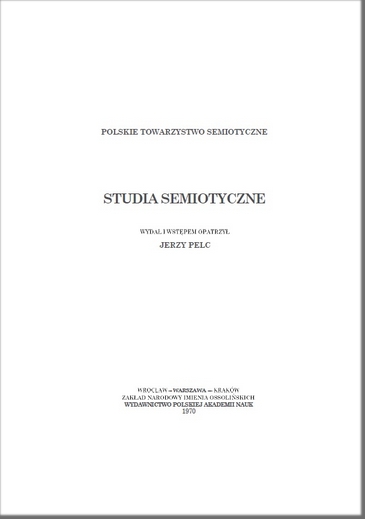Abstract
It is a platitude that essential differences exist between problems taken up within the logical theory of language and those taken up within linguistics. It is also commonplace that even when a problem receives the same formulation in both disciplines the logician sometimes approaches it using different research methods than the linguist, and two research methods often yield divergent solutions. These facts do not usually result from lack of interdisciplinary contacts (though surely such contacts are worth cultivating), but from genuine dissimilarities between the theoretical issues that figure under the same heading in both sciences. The question about the notion of the meaning of linguistic expressions (or the necessary and sufficient conditions of synonymy), which has a different meaning for the logician than for the linguist, is a case in point: while the logician is interested in so-called cognitive synonymy, the linguist concerns herself with a more restricted notion of synonymy, which, besides guaranteeing sameness of cognitive content, implies sameness of expressive value and preserves other parameters that should be retained in literary translation.

